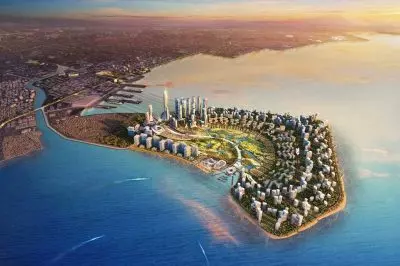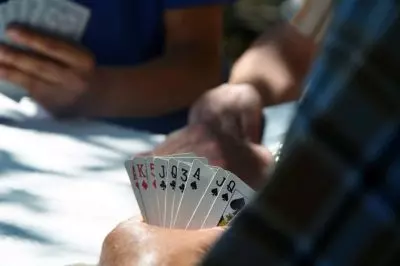 The Philippines remain engaged in the fight against gambling companies that are breaching the regulations in the country’s gambling sector. The Anti-Money Laundering Council (AMLC) of the Philippines has recently added a third name to its list of non-compliance gambling, which is focused on companies whose operating license is asserted on compliance and have obligations under the existing legislation but who have not been in line with some regulatory standards.
The Philippines remain engaged in the fight against gambling companies that are breaching the regulations in the country’s gambling sector. The Anti-Money Laundering Council (AMLC) of the Philippines has recently added a third name to its list of non-compliance gambling, which is focused on companies whose operating license is asserted on compliance and have obligations under the existing legislation but who have not been in line with some regulatory standards.
This time, the country’s competent authorities have once again included a Philippine offshore gaming operator (POGO) in the list. The company that became part of the non-compliance list because of failure to cooperate, is called Smart Group International Limited.
As mentioned above, Smart Group International Limited has become the third offshore gambling operator that has been targeted by the gambling regulator. Previously, the Philippines’ Anti-Money Laundering Council has named Inner Strong Limited and Universal Link Limited for not complying with an ordinance to take part in compliance checks, which audit an operator against various standards. The checks are carried out on short notice and aimed at producing an unbiased and accurate audit of the targeted company.
For the time being, the three POGOs included in the list are the only companies out of the 36 Phillippine offshore gambling operators that are allowed to offer their services to local residents. However, according to the results of the competent authorities’ checks, they were unable to follow instructions.
POGOs Regulated under the Philippines’ Anti-Money Laundering Act of 2001
 The recent increase in the number of compliance checks in the Philippines follows an official change brought to the country’s regulation, whereby the Council is now provided with the opportunity to regulate local POGOs under the provisions of the Anti-Money Laundering Act of 2001.
The recent increase in the number of compliance checks in the Philippines follows an official change brought to the country’s regulation, whereby the Council is now provided with the opportunity to regulate local POGOs under the provisions of the Anti-Money Laundering Act of 2001.
The AMLC is, however, required to issue a grace period of 24 hours. Once it is over, the POGOs are required to comply with the country’s gambling laws.
The stricter policy of the country against Philippine offshore gaming operators has also been required by the Financial Action Task Force (FATF), which has argued that the country is involved in global terrorist organizations’ financing. However, it remains unknown whether part of those operations has been made possible through foreign online gambling operators or not.
The Philippines have decided to take immediate measures to address the accusations and express a firm position on the matter, so the country has immediately undertaken measures aimed at boosting its anti-money laundering and counter-terrorism financing regulation, including by imposing stricter measures on POGO businesses.
Under the country’s President Rodrigo Duterte, online gambling companies have suffered from increased pressure and scrutiny. A couple of months ago, in September, President Duterte unveiled a new tax on Philippine online gaming operators.
The measures that have been taken by the competent authorities to guarantee better control of the sector are not unjustified, as many POGOs go bankrupt or simply disappear, leaving the Philippine government empty-handed and trying to fill in a $28-million gap. Also, offshore gambling companies have been involved in various crimes over the years, including the facilitation of human trafficking.